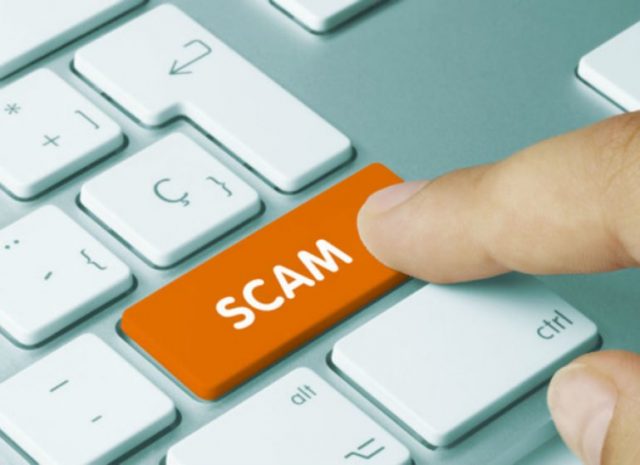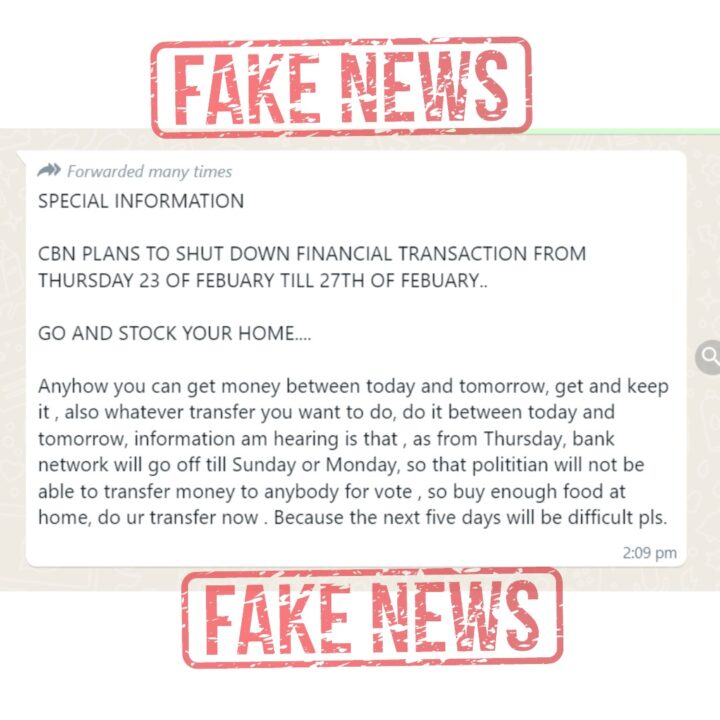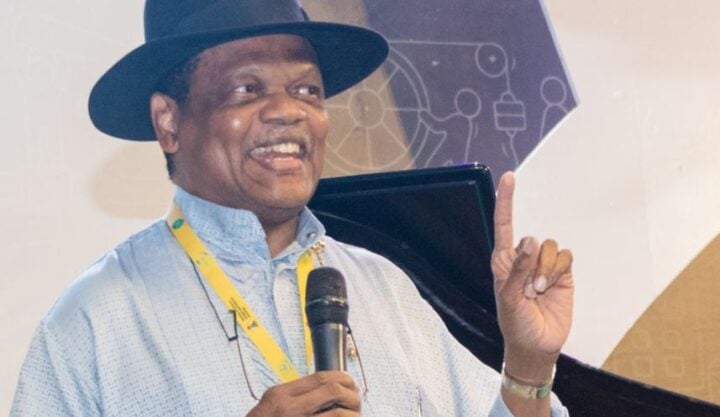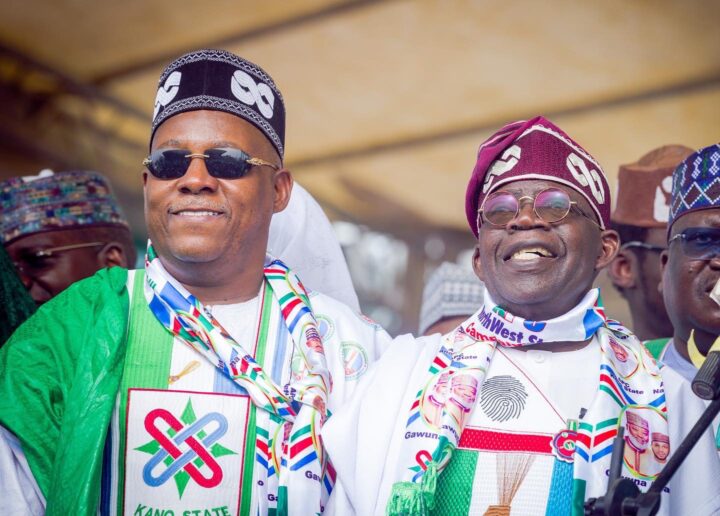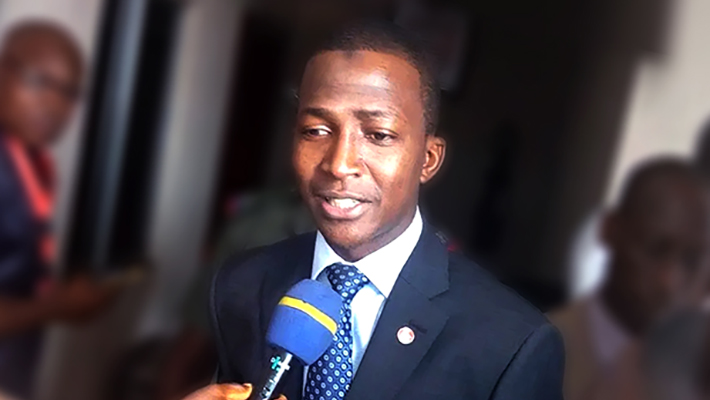Poll: Dear ladies, would you date a ‘Yahoo boy’?
Lurking in obscurity and waiting to take advantage of people who are poor or desperate enough to fall for their baits, con artists are making a fortune with dubious telephone calls and messages to sweep clean the bank accounts of their victims.
Using the names of top presidential candidates, they send out messages to random phone numbers with promises of monetary rewards or “empowerment funds” for lucky winners.
With 133 million Nigerians in multidimensional poverty, many are susceptible to falling prey to the dubious and desperate schemes of these defrauders. Therefore, it becomes a free fall for many Nigerians when they are inundated with SMS, and messages on social media platforms like Facebook, Whatsapp and Twitter, calling them for “free money.”
A 2018 report in the Vanguard puts electronic fraud associated with mobile money, electronic banking and payment systems cost in Nigeria at a huge sum of N197.9 billion annually. It also added that “customers are experiencing losses and inconveniences after their banks become targets of cyber frauds.”
Advertisement
Olanike Olaitan, a human resource personnel, who received a message calling her attention to an “endowment fund from Atiku Abubakar”, the presidential candidate of the PDP, in August 2022, said her inquisitiveness led her to call the number and after some interaction with the said “Mr Hamza”, she was asked to send a bank account.
Olaitan, who works with a private firm in Lagos, said she ended the call immediately and didn’t bother sending her account number because the specificity of the banking institution sent an ominous alert down her spine which deterred her from moving forward with the request.
Dehinde Samson, a pastor, didn’t bother to call the number after receiving the message, simply because of the experiences of some of his colleagues who had fallen into the traps of scammers with similar schemes, in their quest for quick money.
Advertisement
“I didn’t call the number after I got the message. I knew it was a scam when I got it. This isn’t the first time I’m getting such a message and I know people who have fallen for such a scam before. So I knew already,” Samson said.
On Facebook, one Junior Malmo posted a link directing his followers to a website where they could cash out on a “N30,000 campaign grant” purportedly sponsored by Bola Tinubu, the presidential candidate of the All Progressives Congress (APC).
A similar post was made by one Moh’d Lawal and reposted by Nigerian Jubilee Fellows Program, a Facebook page, with the promise of the same amount and list of benefits to be gained from claiming the campaign grant.
“Hurry now and check if you are eligible to receive Tinubu (2023) N30,000 campaign grant,” the message which has three website links attached to it reads.
Advertisement
Some popular persons like Joe Abah, a former director-general of the Bureau of Public Service Reforms; Japheth Omojuwa, a Nigerian author; and Femi Owolabi, a journalist, have also received this sort of message at one time or the other and had shared their experiences on social media.
It is difficult to track the source of these messages as they are all sent out from different phone numbers and names.
“Well done! You have just been gifted a token of (N80, 200) thousand naira from Atiku Abubakar empowerment funds. Call Mr. Hamza to be credited now. (07067922538),” one of the popular text messages reads.
Another message reads: “Presidential candidate support: Beloved, vote Atiku Abubakar as your choice for change, N75, 000 will be offered to you as a serious mbr call mgr [Management] (09037998317).”
Advertisement

In a bid to ascertain the modus operandi of the con artists, this reporter called the phone numbers that have sent messages promising cash gifts from the presidential candidates. A bank account number was purposely registered to identify how the fraudsters engage in the scheme.
Advertisement
Initially switched off, a call eventually went through a phone after some time. The receiver of the call identified himself as Mr. Lucky as opposed to Mr. Hamza as stated in the text message.
With introductions out of the way, Lucky asked some questions about my political affiliation and when I responded that I don’t belong to any party but just an ordinary Nigeria who is in need of money and ready to go to extra lengths to work for the victory of the presidential candidate he wants, he finally got cosy.
Advertisement
“Don’t worry. That is what we are here for. You will receive the money,” the swift-speaking voice pacified this reporter.
“Which bank accounts do you use so that I can pay the money right now? Don’t worry,” he said, aiming to put my mind at rest. I responded with two banking institutions, but he specifically asked for two different banks.
Advertisement
“Those are the selected banks through which you can receive this fund,” he said.
“Oh, I remember now, I have an account with the bank that I haven’t used in a while,” this reporter told Mr. Lucky.
“Send me the account number so that we can quickly send the money to you. Are you calling me with the same number you registered the account with?” he asked with a very agitated voice.
“Yes, that is the number,” this reporter rapidly called the account number even as he repeated.
“You will receive a code now on your phone and you will send this back to me. You will receive the money immediately after you send it back. Don’t worry, you will receive your money shortly.”
After a brief pause, to my surprise, I received a token as a direct text message from the bank.
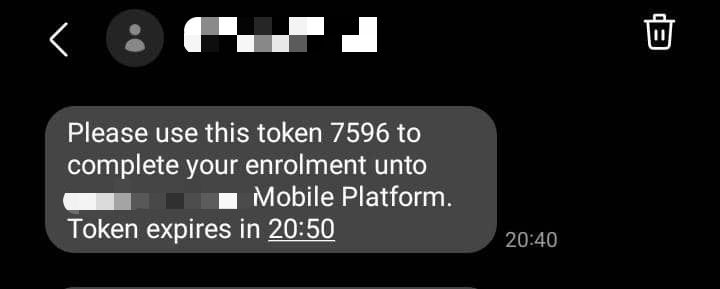
I got this message from the bank around 8:40 on the night of January 3 and I immediately called it out to Mr Lucky, who was impatiently waiting for me on the other end of the phone call. Three minutes after he got the token, he made his first debit of N1,000 from the Keystone bank account.
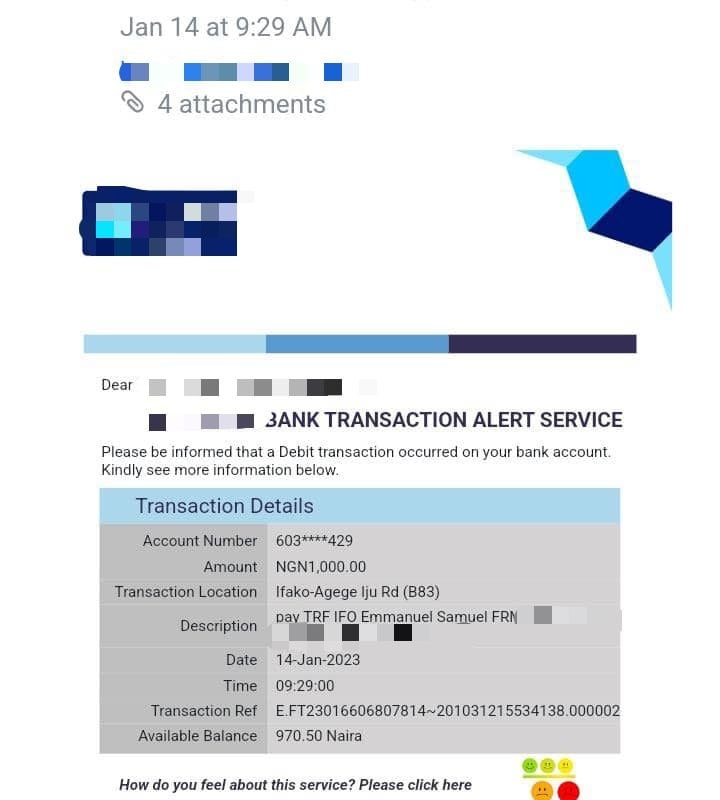
Still, on the phone with Mr Lucky, another one-time password (OTP) was sent, which Mr Lucky asked to be sent to him immediately but I hesitated because I had reasons to believe it would give him unlimited access to my phone and likely my Bank Verification Number (BVN).
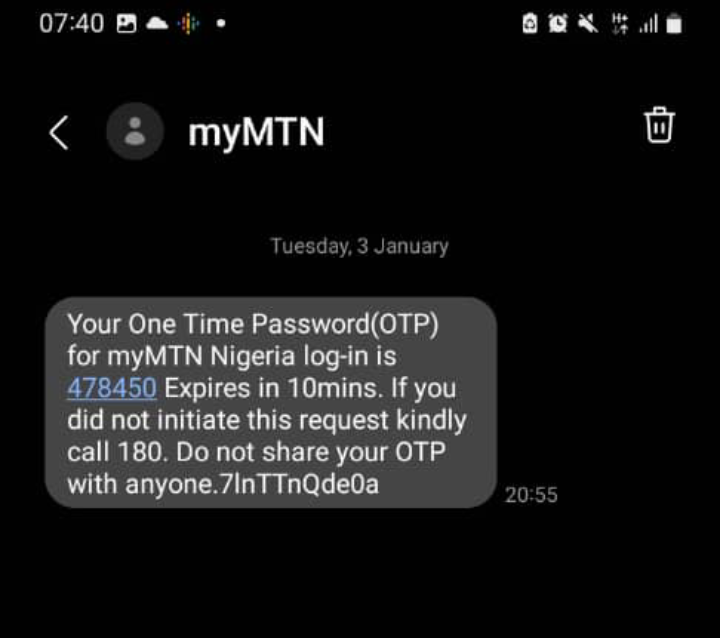
For refusing to send the latest OTP, he got angry. “I have scammed you of N1,000 from your account. What are you going to do about it?” he laughed hard and loudly as he dropped the call.
Meanwhile, the con artiste opened a bank app with this reporter’s name. Mr Lucky was able to take a sum of N7,000 from the account. Sometimes, he does this by buying recharge cards, to these phone numbers: 08147462269, 07068017725, and 09033825831, using Centric Gateway, a payment platform. Other times, he would transfer to an account number with the name: Ifo Emmanuel Samuel.
Reuben Muoka, the spokesperson of the Nigerian Communications Commission (NCC), said Nigerians are drawn to making “fast money”, adding that more awareness needs to be done to help people from being scammed.
He advised that people should use the “do not disturb” feature to block off such messages from their phones.
“It is actually a bank issue, not a telecommunication issue. The banks are the ones that are at the centre of it. It could have ordinarily been a consumer complaint but looking at it now, I don’t think it is something our complaint unit can take,” he said.
“It is an awareness issue. People know that it is fraud but yet they do it. It is not our case. Where we come in sometimes is maybe when they have duped a person, he or she files an application, we can write to the service provider. That is if they are using a phone, not all those sophisticated computers.”
Reacting to this development, Kola Ologbondiyan, a spokesperson of the Atiku presidential campaign, called it the “antics of fraudsters”, saying the campaign organisation doesn’t have such a programme aimed at empowering the people.
“We don’t have such a programme in the Atiku/Okowa presidential campaign organisation. Several Nigerians have drawn our attention to the existence of such a scam,” he told TheCable.
“The office of Atiku Abubakar has issued a statement distancing itself from such a scam. We advise Nigerians not to allow themselves to be scammed by people with nefarious activities. This message that is going around says people will be paid a certain amount like N75,000, but the presidential campaign organisation has no such programme.”
On his part, Eyitayo Johnson, spokesperson of the police special fraud unit (SFU), said victims of such scams could write to the commissioner of police or the SCIID to have the case investigated.
“To the best of my knowledge, we are not familiar with the issue you are referring to. But if the victims go through the proper channel to report, we will follow up with it,” Johnson said.
Add a comment

